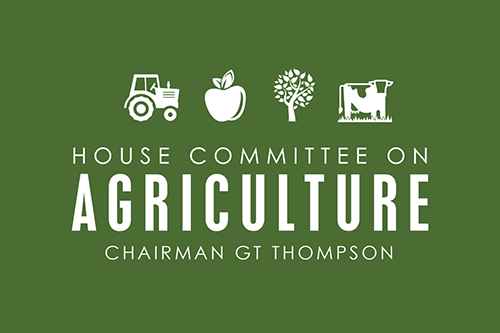
The U.S. Overseas Cooperative Development Council (OCDC) has shared a new policy paper, Cooperatives Building a More Prosperous, Democratic and Inclusive World, with the Biden Administration, U.S. Congress and policymakers around the world, lifting up the role co-ops play in demonstrating and reinforcing democratic governance.
The policy paper comes amid a brutal attack on democracy in Ukraine that is amplifying the immediate need to preserve democracy globally. As businesses defined by democratic member control and participation, cooperatives have played a significant role in building, strengthening and renewing democracies around the world.
Co-ops offer broad grassroots involvement, local control and ownership, and the potential to nurture the capacities of individuals and groups to drive development of their own economies. The power of the cooperative model to demonstrate and reinforce democratic governance should not be overlooked.
Cooperatives are an important “learning lab” where members engage in economic development and experience democratic governance first-hand.
Sustainable democracies grow from within—locally—as people learn to trust each other and gain the capacity to govern for themselves. Cooperatives are an important “learning lab” where members engage in economic development and experience democratic governance first-hand. Local cooperative members learn to work together, to vote in co-op elections, to trust each other and to work democratically to achieve change at all levels of their cooperative organization. Some even become advocates at the national level for the modernization of laws that govern their cooperatives.
“Cooperatives are a dynamic force for self-determination, and they contribute to creating communities where all people—including women, youth and the most vulnerable—have an opportunity to improve their livelihoods,” the Executive Summary reads. And because of their inherently democratic business model, people-centered approach and underlying values, “cooperatives bring a unique set of solutions to today’s most difficult development challenges.”


